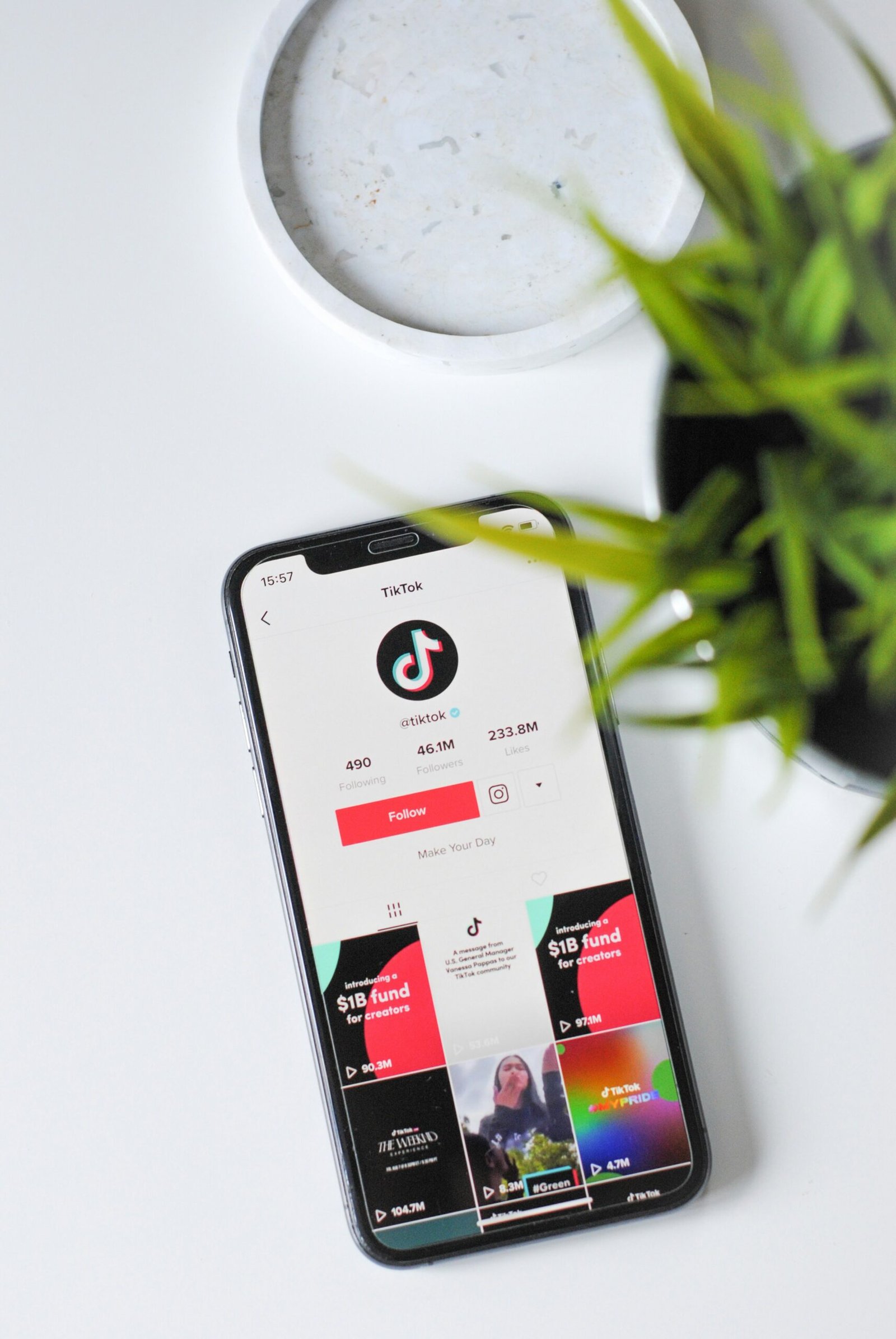In recent months, TikTok, the popular social media platform owned by ByteDance, has found itself at the center of controversy involving the United States Congress and politicians like Mike Gallagher.
ByteDance, a Chinese company, acquired TikTok in 2017 and since then, it has gained immense popularity worldwide, especially among younger users. However, concerns have been raised about the app’s data privacy and security practices, leading to increased scrutiny from governments around the world.
In the United States, TikTok has faced particular scrutiny from members of Congress who worry about the potential for the Chinese government to access and misuse user data. In response to these concerns, the Committee on Foreign Investment in the United States (CFIUS) launched an investigation into ByteDance’s acquisition of TikTok.
One of the prominent voices in the TikTok controversy is Congressman Mike Gallagher, a Republican from Wisconsin. Gallagher has been a vocal critic of the app and has expressed concerns about the potential national security risks associated with TikTok’s data collection practices. He has called for a ban on the app for government employees and military personnel.
The controversy surrounding TikTok has also led to discussions about the broader issue of data privacy and the need for stricter regulations to protect user information. As more and more people become aware of the potential risks associated with social media platforms, the demand for stronger privacy measures is growing.
While the future of TikTok remains uncertain, the controversy surrounding the app has highlighted the need for a comprehensive approach to data privacy and security. As governments and tech companies grapple with these issues, it is crucial to find a balance that allows for innovation while protecting user information.
